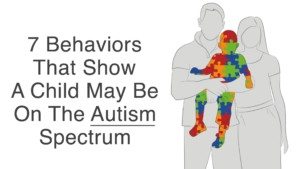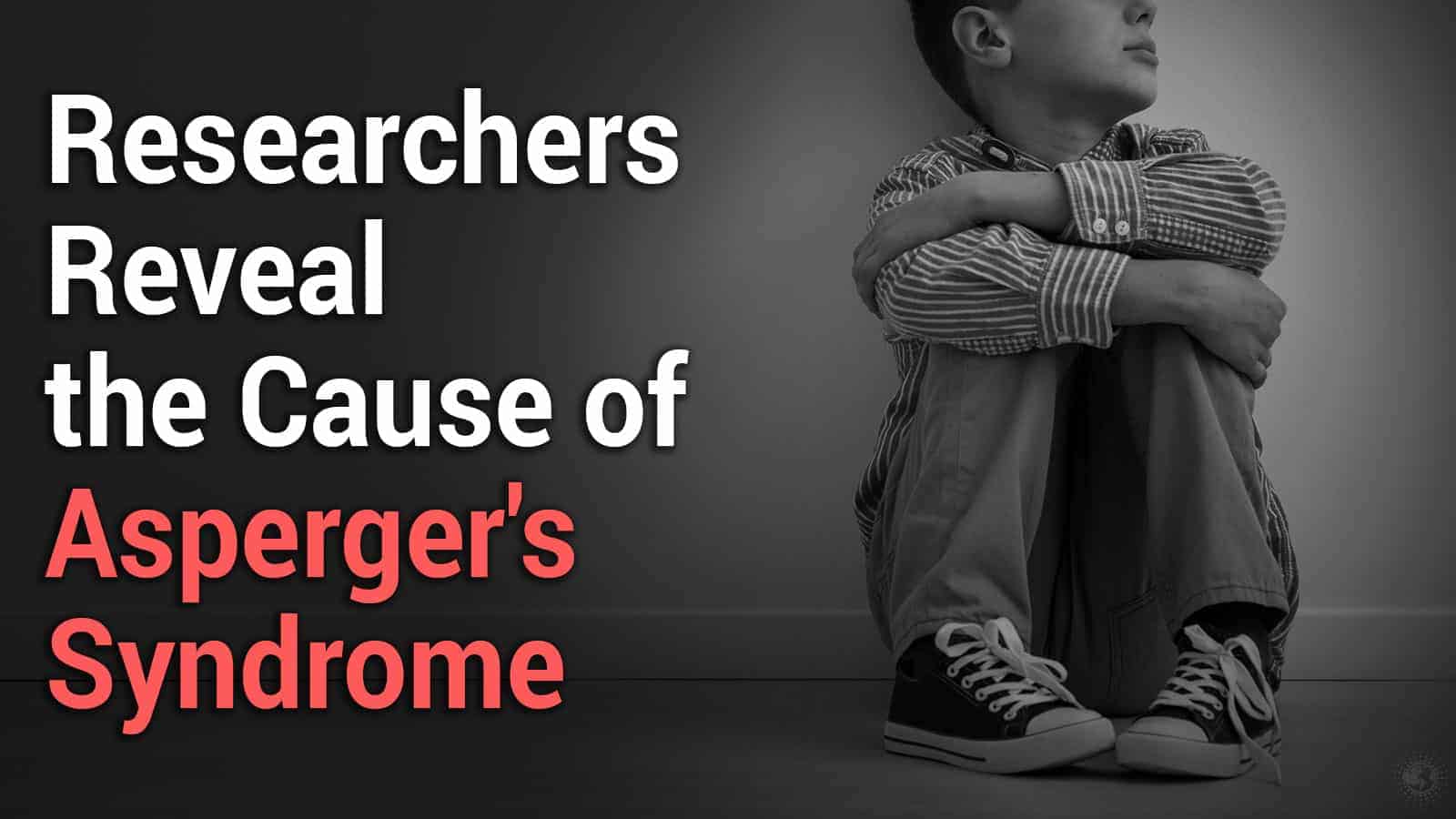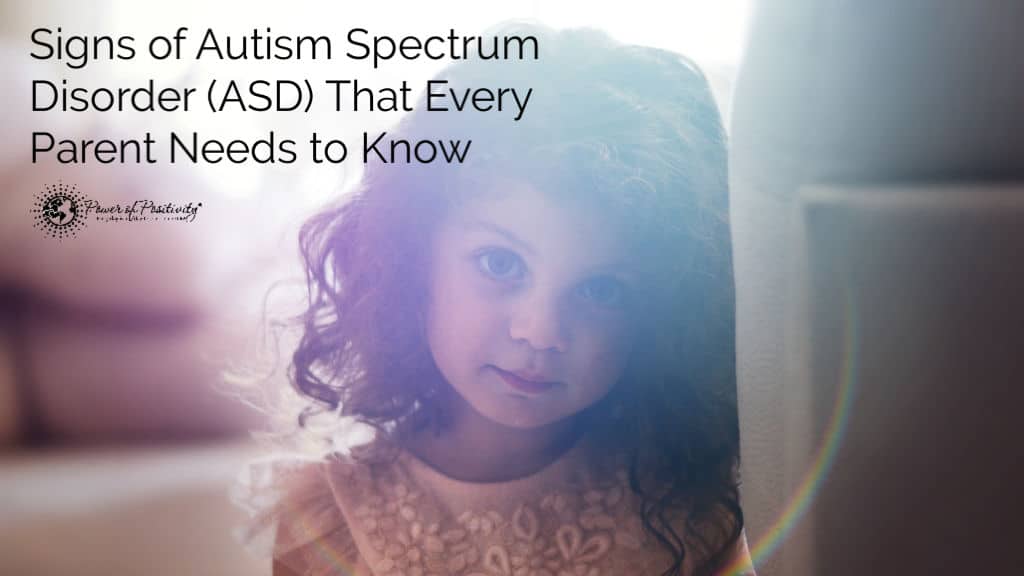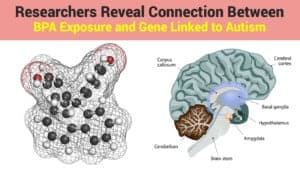Asperger’s Syndrome is a developmental disorder on the Autism spectrum. However, it is classified as a more low-support form of autism.
You might be surprised to learn that many famous people have an Asperger’s diagnosis. Here are a few names that you’ll recognize:
- Dan Akroyd, actor and musician
- Andy Warhol, artist
- Andy Kaufman, comedian
- Daryl Hannah, actor
- Susan Boyle, singer
- Courtney Love, musician
- Sir Anthony Hopkins, actor
These traits mark Asperger’s Syndrome (information via the Official Autism Speaks Website):
- Difficulty with social interactions
- Restricted interests
- Desire for sameness
- Distinctive strengths
Strengths can include:
- Remarkable focus and persistence
- Aptitude for recognizing patterns
- Attention to detail
Challenges can include:
- Hypersensitivities (to lights, sounds, tastes, etc.)
- Difficulty with the give-and-take of conversation
- Difficulty with nonverbal conversation skills (distance, loudness, tone, etc.)
- Uncoordinated movements or clumsiness
- Anxiety and depression
At one time, if asked, scientists would say that they had no idea what caused one to develop Asperger’s syndrome. However, researchers studying this syndrome can now pinpoint a few of the causes behind Asperger syndrome.
What are the characteristics of a person with Asperger’s Syndrome?
When you consider people like Daryl Hannah and Sir Anthony Hopkins as those living with Asperger’s, you’ll understand that the syndrome can affect anyone from any background.
No, you won’t be able to look at someone and recognize that he or she lives with Asperger’s syndrome. But once you spend time around a person with the syndrome, you’ll see the character traits associated with Asperger’s.
You might think many of these characteristics are the same as someone with autism. However, you will find a significant difference. Those with Asperger’s syndrome develop language skill milestones. Conversely, those with autism do not speak or encounter developmentally delayed speech.
A person with Asperger’s syndrome may have exceptional verbal skills and a high-level vocabulary. However, they may also talk to themselves a great deal. They might even speak to themselves in the third person at times. They may also develop repetitive speech patterns.
One distinctive issue where a person with Asperger’s syndrome is concerned is a high level of vocabulary that is distinctly mismatched with the individual’s inability to pick up on nonverbal cues. They may not understand non-verbal cues, leading to confusion when communicating. Those with Asperger’s often feel a need to spend time alone, and the people around them may not understand this. But it’s essential to read and research because misconceptions are everywhere. The important thing is love and kindness, even if it’s something you don’t understand.
About that research
Again, there is no singular cause for the incidence of Asperger’s, but researchers have been able to pinpoint some possible reasons an individual may possess this condition.
So to be clear, science now understands the syndrome more wholly than in past decades. However, they still continue to focus their efforts to find the precise cause. Here are the most likely causes.
Is there a genetic link to autism?
Scientists across the board accept that there is some genetic link to the occurrence of Asperger’s. However, no specific gene has been isolated.
Asperger’s Syndrome is named after Hans Asperger, who, in the 1940s, studied and detailed the behavior of a group of male subjects who exhibited above-average intelligence yet possessed poor communication skills.
In Hans’ subjects, he noted common symptoms among family members, especially fathers. Further observation since then has led scientists to believe that specific alleles may not only predispose a person to develop Asperger’s but also in determining the severity of the condition.
Therefore, although no one gene has been determined to cause Asperger’s, researchers believe that there is a genetic link that influences whether a person will develop the condition or not. Scientists continue to find concrete evidence of this connection.
*The Austrian doctor Hans Asperger cooperated extensively with the Nazi regime and may have sent dozens of children to their deaths. Reacting to this news, some experts say the eponymous medical term ‘Asperger syndrome’ should be discarded. Others are more cautious, saying the stain on Asperger’s name shouldn’t erase his contributions to the understanding of autism.
What are teratogens, and why are they a possible cause of Asperger’s syndrome?
Teratogens are agents that cause congenital disabilities. Many things fall into the category of teratogens: metals, heat, chemicals, and more. By definition, a teratogen is anything that could cause an embryo to change.
Scientists believe that the teratogens that cause one to develop Asperger’s are introduced to the embryo before the embryo is eight weeks of age. Most evidence points to the development of Asperger’s early on. Thus, Asperger’s (when caused by teratogens) may arise from exposure to an agent before the mother even realizes she is pregnant.
Does this mean that there are no environmental factors that may cause Asperger’s?
Many factors could cause a child to develop Asperger’s, many of which are environmental. However, scientists state that no scientific evidence exists to show precisely which of these environmental factors have a direct effect on whether a person develops Asperger’s.
What are some environmental factors that may cause Asperger’s?
When reading below, please remember that the information provided comes from studies. We have provided links throughout this section.
Scientists believe that most of the environmental factors that cause Asperger’s reach the embryo during prenatal development.
The use by the mother of certain medications during the early development of the embryo may cause the child to develop Asperger’s later. Research points to anti-epileptic drugs as a prime example. One who takes certain medications for epilepsy may have developmental delays such as deficient motor activities and social behaviors. In particular, they have shown that, for at least some children, prenatal valproate exposure can have adverse cognitive and behavioral consequences.
The socioeconomic status of the mother may also play a role in a child’s likelihood of developing Asperger’s syndrome. Financial problems can affect the prenatal care the mother receives, and she may experience a great deal of stress due to these same issues. Researchers don’t completely understand what stress from finances can do to a baby. But scientists point out that a lack of proper prenatal care can have detrimental health effects on any child.
Furthermore, researchers state that the mental and emotional health of the mother can affect the fetus during those early weeks of development. A mother that is continuously stressed is going to produce higher amounts of cortisol, which can affect the developing embryo. Mothers who have some mental illness tend to have a higher incidence of autistic spectrum disorders developing in their offspring.
Mothers must also be well-nourished during the earliest stages of pregnancy. There is evidence that a lack of specific vitamins and minerals during pregnancy can influence the development of the fetal brain and nervous system.
Other Environmental Factors
Parental age may be a factor in whether a child will develop Asperger’s Syndrome. Once parents reach the age of thirty-five, there is a noticeable increase in the odds their child will develop this form of autism. (Study included all singleton births in Denmark from January 1, 1980, through December 31, 2003, a total of 1,311,736 children. A total of 9556 children were diagnosed with an ASD. Both maternal and paternal age was associated with a greater risk of ASD in the offspring (hazard ratios ranging from 1.21 (1.10–1.34) to 1.65 (1.09–2.48) depending on combinations of parental age categories; <35, 35–39, and 40+ years). For mothers younger than 35 years, the risk of ASD increased with increasing father’s age group. For fathers younger than 35 years, the risk of ASD increased with increasing maternal age.)
 Final Thoughts: We are closer to understanding Asperger’s Syndrome…
Final Thoughts: We are closer to understanding Asperger’s Syndrome…
But there’s still so much more for scientists to understand. Much of the research yields results that are inconclusive or observational in nature.
There is no definitive cause of Asperger’s Syndrome. However, evidence suggests that genetics, as well as several environmental factors, can cause a child to develop the condition.
Evidence exists that exposure to specific toxins during the first eight weeks of fetal development could make a child more likely to develop Asperger’s Syndrome.
Furthermore, the health of the mother might also contribute. Influencing factors MAY include:
- Maternal and Fraternal age
- Environmental factors
Each of those factors might cause the development of Autism Spectrum Disorder conditions, including Asperger’s Syndrome.
Researchers still have much to learn about Asperger’s Syndrome. As the library of knowledge continues to grow, we will gain greater insight into this disorder. And we should learn more about how to help people cope better with it.
















 Community
Community

